Introduction to Spring Gardening with Zero Waste
Spring is not just a season; it's a celebration of life, a time when nature awakens from its slumber and vibrant hues return to our gardens. Plant lovers and gardeners eagerly anticipate this time of year to witness their green spaces come alive. But as we marvel at the blossoming flowers and lush foliage, spring also presents a golden opportunity to implement sustainable, zero waste practices in our gardening routines. Zero waste gardening is not only beneficial for the environment—reducing landfill contributions and conserving natural resources—but it also promotes personal well-being by cultivating a healthier living space. In this comprehensive guide brought to you by Plantology, an online e-commerce retailer specializing in high-quality plants and trees, you'll learn how to nurture your garden sustainably. From understanding zero waste principles to practical tips and product recommendations, we’re here to help you create the eco-friendly garden of your dreams.
Understanding Zero Waste Gardening
Definition and Principles of Zero Waste
Zero waste is a lifestyle and design principle that seeks to minimize waste and make the most out of resources. The goal is to emulate sustainable natural cycles where all discarded materials are resources for others to use. In gardening, zero waste practices emphasize reducing, reusing, and recycling materials to create self-sufficient, environmentally friendly gardens.Key Benefits of Zero Waste Gardening
Adopting zero waste gardening techniques has numerous advantages. It helps reduce greenhouse gas emissions by minimizing reliance on synthetic fertilizers and non-recyclable packaging. A biodiverse garden that utilizes composting and natural pest control also contributes to healthier soil and promotes local wildlife. Additionally, by choosing sustainable gardening methods, you reduce your ecological footprint and create a harmonious balance with nature.Environmental Impact
Zero waste gardening is kind to our planet. By reducing waste, you decrease the amount of garbage in landfills and contribute to conservation efforts. Composting organic garden waste returns nutrients to the soil, reduces methane emissions, and encourages healthy plant growth, creating a thriving ecosystem.Personal Health and Well-being
Gardening sustainably is not only good for the earth but also beneficial for your health. Using chemical-free products lessens your exposure to toxins, while engaging with nature provides physical exercise and mental rejuvenation. A garden flourishing with healthful produce and blooms enhances your home environment and overall lifestyle.
Planning Your Zero Waste Garden
Assessing Space and Resources
Start by evaluating the space you have available for your garden. Whether it's a sprawling backyard or a modest balcony, determining the right amount of space for your gardening endeavors is crucial. Consider sunlight exposure, soil quality, and existing plants when planning your garden.Choosing the Right Plants
Selecting plants suitable for zero waste gardening involves choosing native species that thrive in your local climate, reducing the need for excessive water or chemical interventions. At Plantology, we offer a range of sustainable plant options perfect for starting your eco-friendly garden. Consider the beautiful and versatile Adonidia Palm or the hardy Agave Blue. These plants are not only visually appealing but also low-maintenance, making them ideal choices for sustainable gardeners.Companion Planting and Polycultures
Implementing companion planting can naturally enhance your garden's biodiversity. Certain plant combinations naturally repel pests, improve soil health, and increase yields. For example, planting marigolds alongside tomatoes can deter nematodes, while beans can supply nitrogen to surrounding crops.Implementing Waste Reduction Strategies
Composting: Turning Waste into Resource
Composting is one of the most effective waste reduction strategies in gardening. By recycling organic material like kitchen scraps and garden waste, you're creating rich, nutrient-dense soil. Set up a simple compost bin or heap in your garden, and include materials like vegetable peelings, coffee grounds, and garden clippings.
Composting Basics
Start with a balanced mix of green materials (rich in nitrogen) and brown materials (high in carbon). Green materials include fruit and vegetable scraps, while brown materials consist of dead leaves and branches. Regularly mix the compost pile to speed up the decomposition process and produce rich compost for your garden bed.Water Conservation Techniques
Conserving water is a critical aspect of zero waste gardening. Implementing rainwater collection systems and using drip irrigation can significantly reduce water waste. Mulching is another excellent practice that helps retain soil moisture and suppresses weed growth.Mulching for Moisture Retention
Mulch with organic materials such as wood chips, straw, or shredded leaves. It not only helps conserve water but also enriches soil quality as it decomposes. Furthermore, mulch acts as a natural weed barrier, reducing the need for chemical weed controls.Sustainable Pest Management
Encouraging Beneficial Insects
Invite beneficial insects like ladybugs and bees into your garden by planting nectar-rich flowers. These allies will help control pest populations naturally, reducing the need for chemical pesticides.Natural Pest Control Methods
Implement natural pest deterrents such as neem oil, diatomaceous earth, or homemade insecticidal soaps. Creating physical barriers like row covers or using companion planting strategies can also keep unwanted insects at bay.
Incorporating Recyclable and Biodegradable Materials
Repurposing Household Items
Turn everyday household waste into valuable garden resources by repurposing it creatively. Old containers, wine corks, and even cardboard can be reimagined as planters, mulch, or seed starters.Utilizing Compostable Pots and Seedling Trays
Opt for biodegradable pots and seedling trays made from materials like coconut coir or peat moss. These sustainable options can be planted directly into the soil, reducing plastic waste.Zero Waste Garden Structures
Building with Sustainable Materials
Construct garden beds and structures using sustainable materials like reclaimed wood or bamboo. These options are environmentally friendly and add rustic charm to your garden.Creating Efficient Garden Layouts
Design your garden layout to maximize space and efficiency. Utilize vertical gardening techniques or staggered planting schedules to make the most of available resources.Harvesting and Utilizing Garden Produce
Zero Waste Harvesting Techniques
Practice mindful harvesting by gathering produce as needed to reduce spoilage. Cut and come again greens allow continuous yields, preserving plant health while minimizing waste.
Preserving and Storing Produce
Avoid food waste by preserving and storing surplus produce. Techniques like canning, drying, and freezing help extend the shelf life of your harvest, providing garden-fresh produce year-round.The Role of Trees in Zero Waste Gardening
Choosing the Right Tree Varieties
Trees are essential components of a sustainable garden, offering shade, wind protection, and habitat for wildlife. When selecting trees, consider drought-tolerant and native species that require minimal intervention. The Alexander Palm is an elegant, resilient option that complements any zero waste garden.Maintaining Tree Health with Minimal Waste
Prune trees regularly to promote healthy growth and prevent disease. Utilize branches and leaves as mulching material or compost components, supporting a full-circle approach in your zero waste practices.Conclusion and Call to Action
Zero waste gardening is a powerful way to align your gardening habits with sustainable living. By embracing practices that minimize waste and enhance resource efficiency, you're not just creating a more beautiful and productive garden—you're contributing to a healthier environment and community. At Plantology, we are dedicated to supporting your journey in zero waste gardening with our carefully curated selection of sustainable plants and trees. Discover unique options like the Adonidia Palm Triple or the striking Agapanthus Lily of the Nile – Blue. Visit us at Plantology to explore more eco-friendly gardening products and start your spring garden transformation today. Embrace spring with a fresh commitment to zero waste gardening, and enjoy the beauty and bounty of nature's wisdom in your very own backyard.
Community and Education in Zero Waste Gardening
Engaging with Local Gardening Communities
Gardening is more than a solitary endeavor; it is a communal activity that brings people together over shared interests and goals. Joining local gardening groups or clubs can significantly enhance your zero waste journey by providing access to shared resources, knowledge, and experiences. These communities often host workshops on topics such as composting, permaculture, and native plant species, offering invaluable information and practical advice.Organizing Community Composting Initiatives
One effective way to engage with your local community is by organizing community composting initiatives. These programs allow local residents to contribute their kitchen scraps and yard waste to a neighborhood compost pile. This collective effort not only reduces community waste but also produces a rich compost that can be shared among participants, nurturing a network of healthy, zero waste gardens.Educational Outreach and Workshops
Educating others about zero waste gardening is essential for the movement's growth and success. Consider hosting workshops or seminars to teach community members and school groups about sustainable gardening practices. Topics can range from DIY composting solutions and rainwater harvesting to building wildlife habitats and cultivating pollinator-friendly gardens.Incorporating Zero Waste Principles into School Curricula
Incorporate zero waste gardening principles into school garden projects or environmental science curricula. By instilling a love and understanding of sustainable practices in young minds, you're fostering the next generation of eco-conscious gardeners. Engaging children and teenagers in hands-on activities like planting school vegetable gardens or maintaining wildlife corridors turns learning into a practical, fun experience.
Innovations in Zero Waste Gardening Technology
Adopting Smart Gardening Tools
Technology has transformed various aspects of our lives, gardening included. Smart gardening tools and gadgets now make it easier to implement and maintain zero waste practices efficiently. Automated watering systems, like smart sprinklers connected to weather forecasts, help conserve water while ensuring plants get precisely the hydration they need.Soil Testing Kits and Apps
Utilize soil testing kits and mobile applications to monitor and enhance soil health without excessive additives. These tools provide detailed insights into nutrient levels, pH balance, and soil moisture, allowing you to make informed decisions about plant care and fertilization. Personalized recommendations ensure each plant receives the specific attention it needs, minimizing resource wastage.Biodegradable Plant Markers and Sensors
Incorporate biodegradable plant markers made from organic materials such as bamboo or recycled paper. These eco-friendly alternatives degrade naturally without adding plastic waste to your garden. Additionally, consider using wireless soil sensors to monitor environmental conditions, helping you to promptly adjust practices in response to real-time data.Understanding Seasonal Cycles for Sustainability
Embracing the Natural Rhythms of the Seasons
Zero waste gardening is inherently attuned to natural cycles and seasonal variations. Understanding and working alongside these rhythms not only simplifies gardening tasks but also enhances sustainability. Planning your garden around seasonal changes can drastically reduce the need for artificial interventions, such as fertilizers and heat sources.
Seasonal Crop Rotation and Planning
Engage in seasonal crop rotation to mitigate soil nutrient depletion and pest build-up. Each season brings its own set of planting opportunities, from cool weather greens in early spring to heat-loving vegetables in summer. By rotating crops, you maintain soil fertility and break pest cycles naturally.Using Seasonal Produce in Zero Waste Cooking
Align your cooking practices with the garden seasons to minimize food wastage. There's a special joy in transforming homegrown produce into delicious, seasonal dishes. For instance, celebrate the bounty of summer with fresh salads or preserve autumn's richness through canning and pickling homemade jams and relishes.Enhancing Biodiversity in Your Garden
Creating Wildlife and Pollinator Habitats
A zero waste garden thrives on biodiversity. Encouraging wildlife and pollinators, such as birds, bees, and butterflies, adds vibrancy and ecological balance to your space. Install bird feeders, bug hotels, and scatter wildflower seeds to create a sanctuary that invites and supports various species.Integrating Native Plants for Habitat Creation
Native plants are resilient choices that naturally thrive in local climates and soil conditions, providing essential habitats and food sources for native wildlife. For example, planting milkweed supports monarch butterflies, while indigenous grasses can host various beneficial insects and birds. These plants require minimal maintenance once established, promoting a self-sustaining ecosystem.Reducing Chemical Use for Better Ecosystem Health
Chemical fertilizers and pesticides disrupt ecological harmony by harming beneficial organisms and contaminating water supplies. Adopt alternative methods such as integrating pest-repelling plants or encouraging predator species. For example, planting onions and garlic can deter aphids, whereas providing habitat for frogs and toads helps control populations of harmful insects.
Embracing Permaculture Principles
Designing Self-Sustaining Systems
Permaculture, a design philosophy that works with natural ecosystems, focuses on creating self-sustaining systems that require minimal external inputs. By observing and mimicking nature, you can design a garden that functions harmoniously and resourcefully on its own.Integrating Diverse Plant Functions
In a permaculture garden, each plant serves multiple purposes, optimizing utility while reducing wastage. For instance, a fruit tree provides food, habitat, and shade, while legumes enrich soil nitrogen. Layering plants with complementary functions leads to productive polycultures that support a zero waste approach.Maximizing Energy Efficiency
Emphasize energy-efficient practices in your garden, such as utilizing solar power for lighting and employing gravity-fed irrigation systems. Designing garden layouts to minimize inputs and maximize sun exposure for photosynthesis improves both plant health and energy efficiency.Zero Waste Garden Decor and Aesthetics
Crafting with Natural and Upcycled Materials
Create charming garden decor using upcycled materials and natural elements. Repurpose antique metal utensils as plant holders or construct pathways using reclaimed stone. These mindful choices not only reduce waste but add unique character and charm to your outdoor space.Rustic Elegance with Driftwood and Stone
Incorporate driftwood and stone elements to add rustic elegance without excess design effort. These materials work as natural barriers, hangers, or supports and require little maintenance while seamlessly blending with the surrounding nature.
Choosing Eco-Friendly Outdoor Furniture
Select outdoor furniture manufactured from sustainable materials like bamboo or recycled plastic. Investing in high-quality pieces ensures long-lasting durability, reducing the need for early replacements. Look for furniture makers that adhere to eco-conscious manufacturing practices.Sharing Your Zero Waste Garden Experience
Documenting and Sharing Your Journey
Encourage others to explore zero waste gardening by documenting and sharing your journey through writing, photographs, or video blogs. Showcasing growth progression, challenges, and successes can inspire people and foster a community of shared knowledge and experience.Utilizing Social Media Platforms
Social media offers a dynamic platform to reach a broad audience interested in sustainable practices. Use Instagram to share visually captivating garden updates or create informative YouTube content around specific zero waste techniques. Engaging in online discussions with fellow gardeners can expand your network and gather diverse insights.Hosting Open Garden Days
Invite community members to explore your zero waste garden during open garden days. These events foster personal connections and exchange of ideas, enhancing public awareness and involvement in sustainable gardening. Consider organizing guided tours with interactive learning points, enlightening visitors about specific methods and benefits.



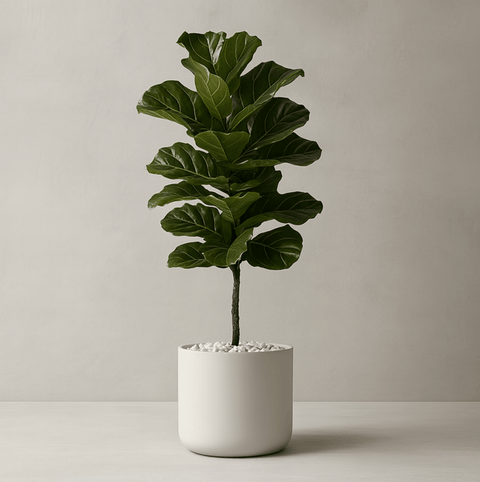
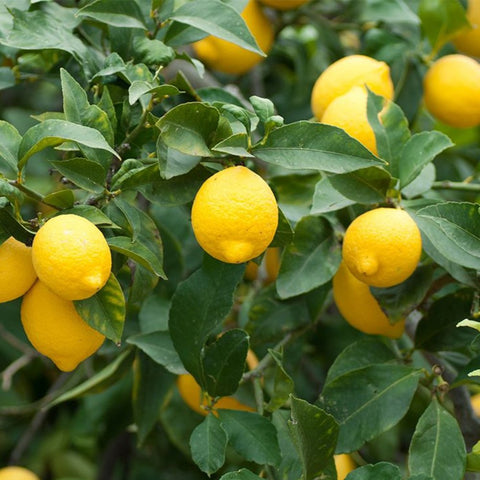
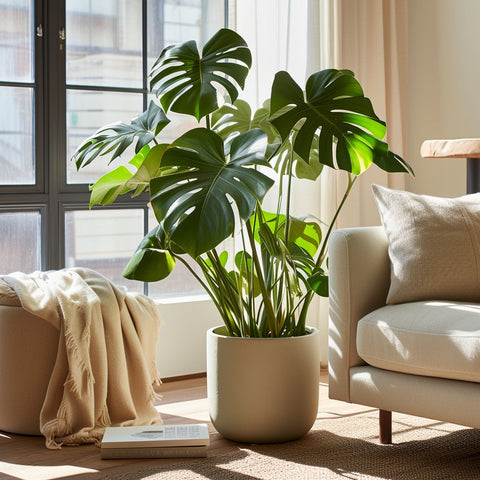
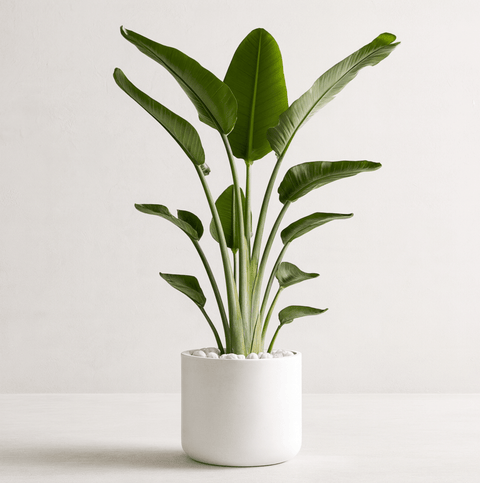

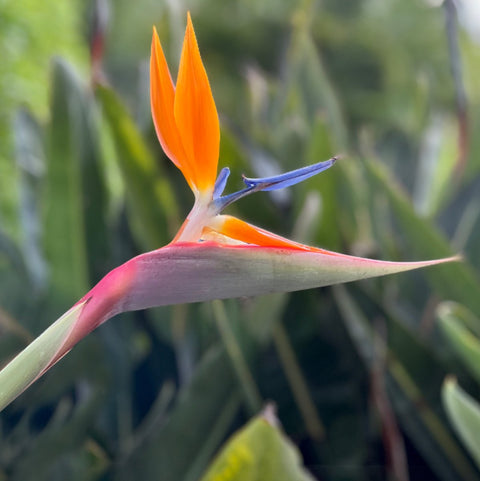
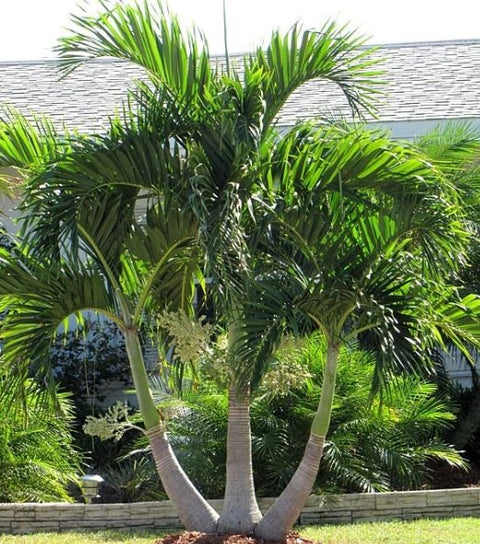



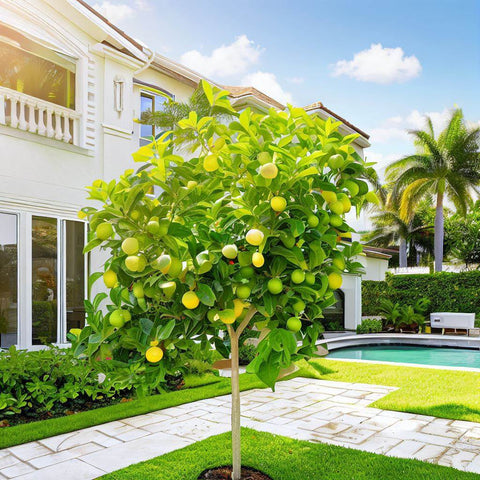
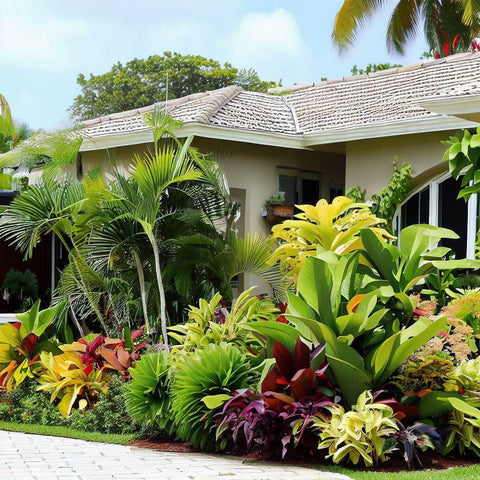

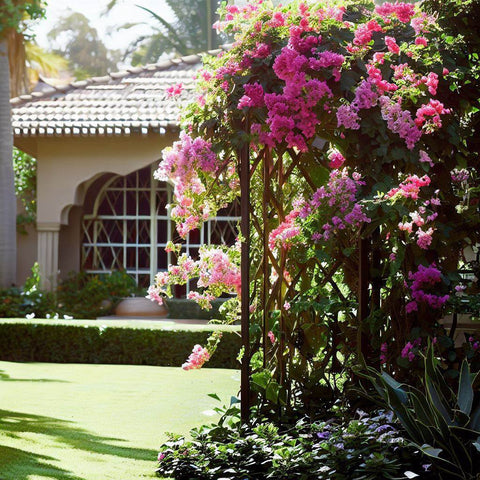
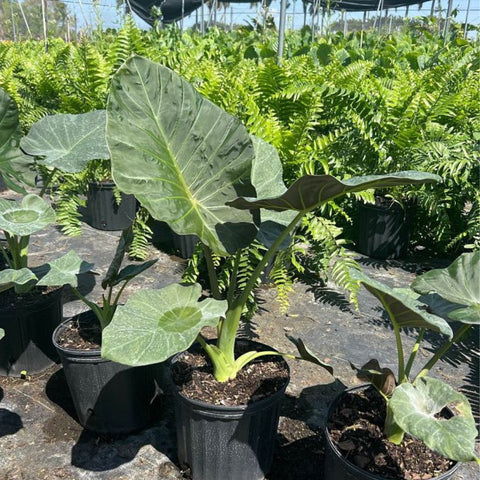
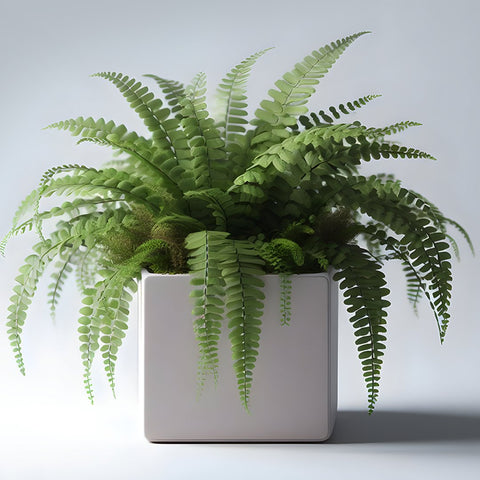




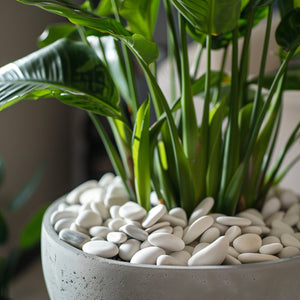

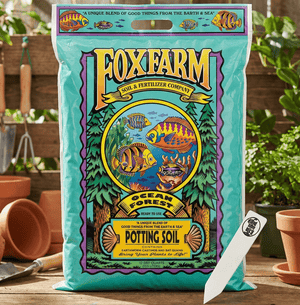
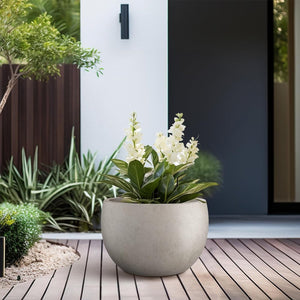



Comments (0)
There are no comments for this article. Be the first one to leave a message!